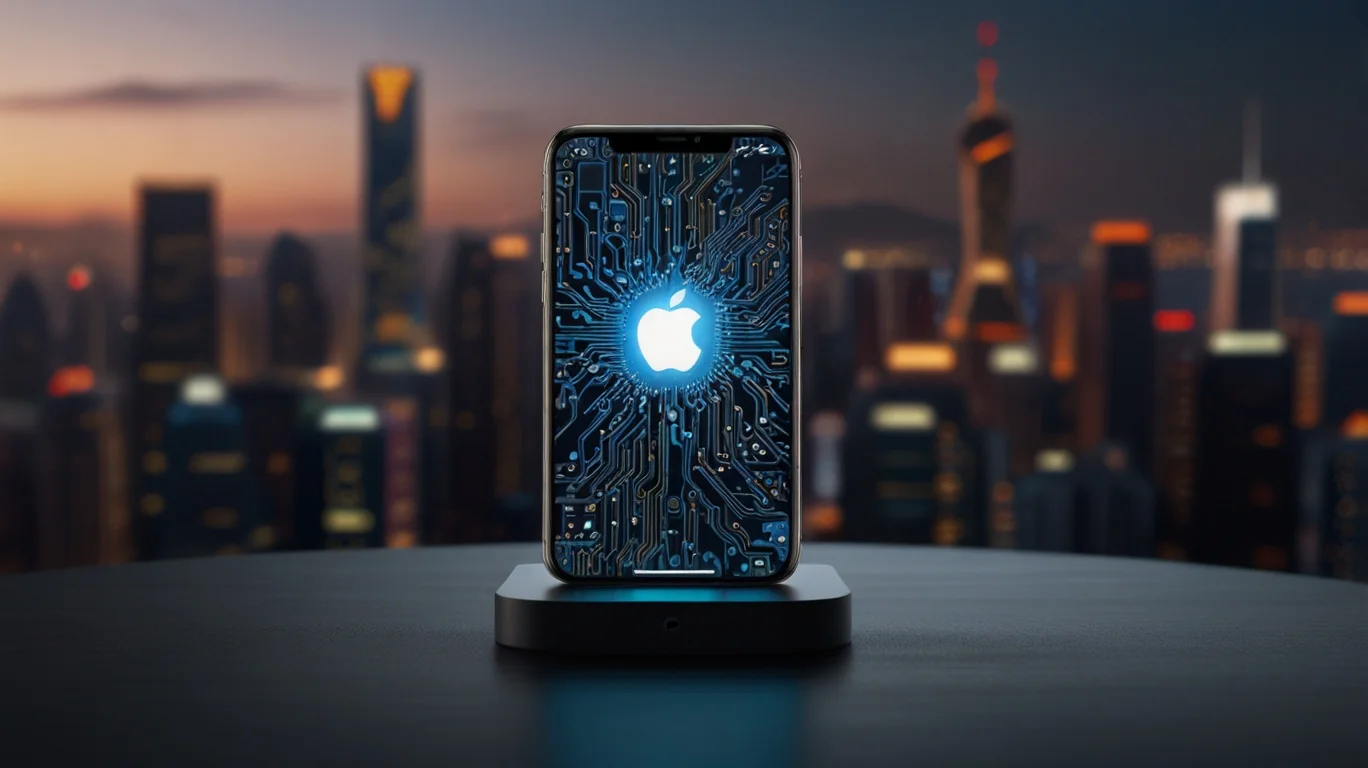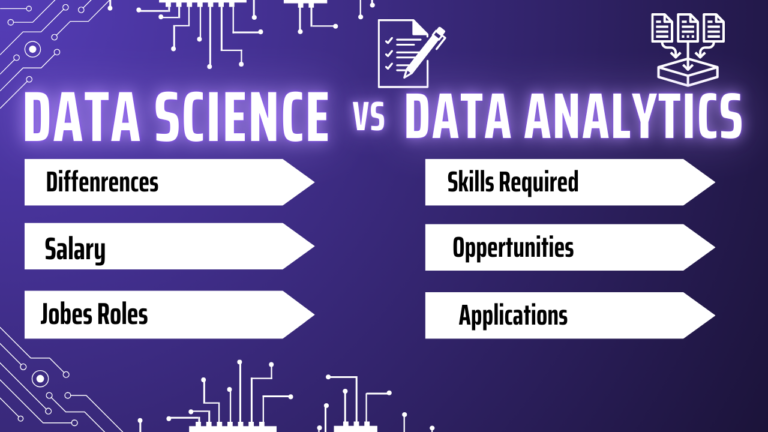Apple has officially partnered with Alibaba to introduce artificial intelligence (AI) features in iPhones sold in China. This strategic move comes amid Apple’s declining market share in the country, where it has fallen behind Huawei and Xiaomi. By leveraging Alibaba’s AI capabilities, Apple aims to navigate China’s regulatory landscape and enhance its competitiveness.
Why Apple Needed a Local AI Partner
Apple’s global AI push has faced significant roadblocks in China due to strict data regulations and government restrictions on foreign AI models. The partnership with Alibaba allows Apple to:
- Comply with Chinese AI regulations – Local AI models are preferred by regulators.
- Ensure seamless integration – Alibaba’s AI ecosystem can optimize iPhone performance in China.
- Address market demands – AI-powered features are increasingly popular among Chinese consumers.
Previously, Apple explored partnerships with Tencent, ByteDance, Baidu, and DeepSeek before finalizing its collaboration with Alibaba.
Read more : Elon Musk OpenAI Bid

What AI Features Will Apple Bring to China?
Apple Intelligence, as introduced at WWDC 2024, includes AI-powered tools for Siri, text generation, image creation, and smart recommendations. However, in China, these features will be adapted to Alibaba’s technology. Potential enhancements include:
1. Siri Enhancements with Alibaba AI
Alibaba’s AI will enhance Siri’s capabilities, providing improved voice recognition and contextual understanding. This could make Siri more useful for tasks like:
- Advanced voice commands
- Personalized recommendations
- Seamless integration with Alibaba’s ecosystem (e.g., AliPay, Taobao)
2. AI-Powered Text and Image Generation
Apple Intelligence enables features like:
- AI-assisted writing in messages and emails
- Image and emoji generation for personalized communication
3. Smart Productivity Tools
- AI-generated summaries of emails and notes
- Automated calendar management
- Context-aware suggestions for apps and services
Read more : Google AI partnership launches with $400M for open AI

How This Move Affects Apple’s Market Position in China
Apple’s iPhone sales in China have been declining, with Huawei overtaking it in 2024. By integrating AI, Apple aims to:
- Boost iPhone sales – AI features are a major selling point for Chinese consumers.
- Compete with Huawei and Xiaomi – Both competitors already offer advanced AI-powered smartphones.
- Strengthen its local presence – A partnership with Alibaba solidifies Apple’s commitment to China.
Regulatory Challenges Apple Faces
Even with Alibaba’s support, Apple still needs regulatory approval to launch AI-powered iPhones in China. Some potential challenges include:
- Data privacy concerns – The Chinese government enforces strict rules on AI-generated content.
- AI model compliance – Apple must ensure that its AI aligns with China’s cybersecurity laws.
- Operational hurdles – Adapting AI features to local infrastructure requires extensive testing.

Future Implications for Apple and AI in China
Apple’s partnership with Alibaba marks a shift in how Western tech giants operate in China. Key takeaways include:
- Localized AI is the future – Foreign tech companies must collaborate with Chinese firms.
- AI is a competitive advantage – The success of AI-powered iPhones will impact Apple’s growth in China.
- Regulatory adaptation is crucial – Apple must continually refine its approach to meet China’s evolving policies.
Conclusion
Apple’s collaboration with Alibaba is a significant step toward making iPhones more appealing in China. If successful, this move could help Apple regain lost market share and set a precedent for other global tech firms looking to operate in China’s AI-driven landscape.




